A confidentiality breach is when information that should be kept private is shared without the proper authorization. This can happen when data is accidentally or intentionally released to unauthorized individuals or accessed without proper permission.
There are many ways a confidentiality breach can occur, and the consequences can be severe. If an employee of your company breaches confidentiality, they will face numerous consequences. Here are some of them.
Providing expert legal services for civil, family, construction, wills and estates and business law.
Providing expert legal services for civil, family, construction, wills and estates and business law.

Breach of Confidentiality: 3 Possible Employee Consequences
Disclaimer – The information contained herein is of a general nature. It is not intended to be legal advice and it is not intended to address the exact circumstances of any particular individual or entity. You should not rely on or act upon such information without receiving appropriate professional advice and without a thorough examination of your particular situation.
Get in touch
Abbotsford Office:
104-2001 McCallum Road, Abbotsford, BC V2S 3N5
Langley Office:
200-8661 201 St, Langley Twp, BC V2Y 0G9
Ph: 604-850-4685
Legal services
*Complimentary consultations are only for consultations via telephone or videoconference.
Copyright Pathfinder Law Corporation Ltd. 2024 | Website Terms of Use & Disclaimer

